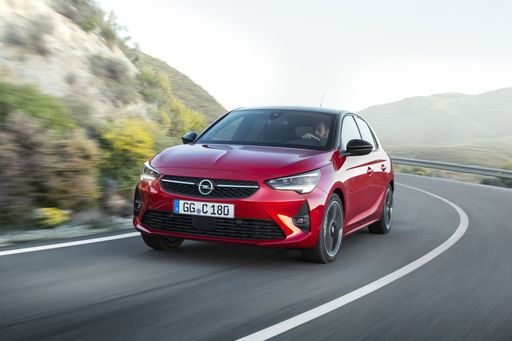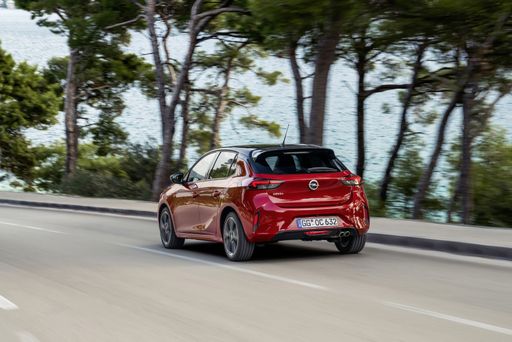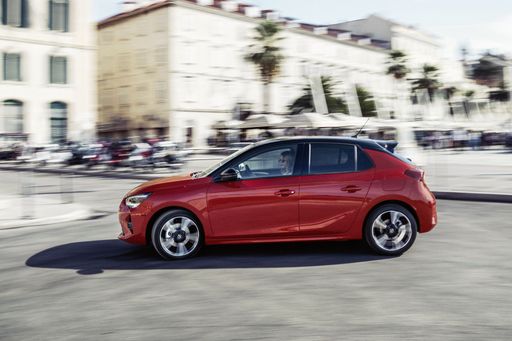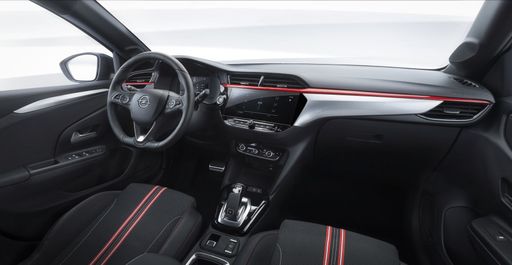Hyundai Bayon vs Vauxhall Corsa: A Compact Car Face-Off
In the ever-evolving landscape of compact vehicles, two noteworthy contenders have surfaced that merge style, efficiency, and technology. The 2024 Hyundai Bayon and the Vauxhall Corsa are two distinct choices for automotive enthusiasts seeking practicality married with modern innovation. Let’s delve into a detailed comparison of these cars, exploring their technical specifications and standout features.









